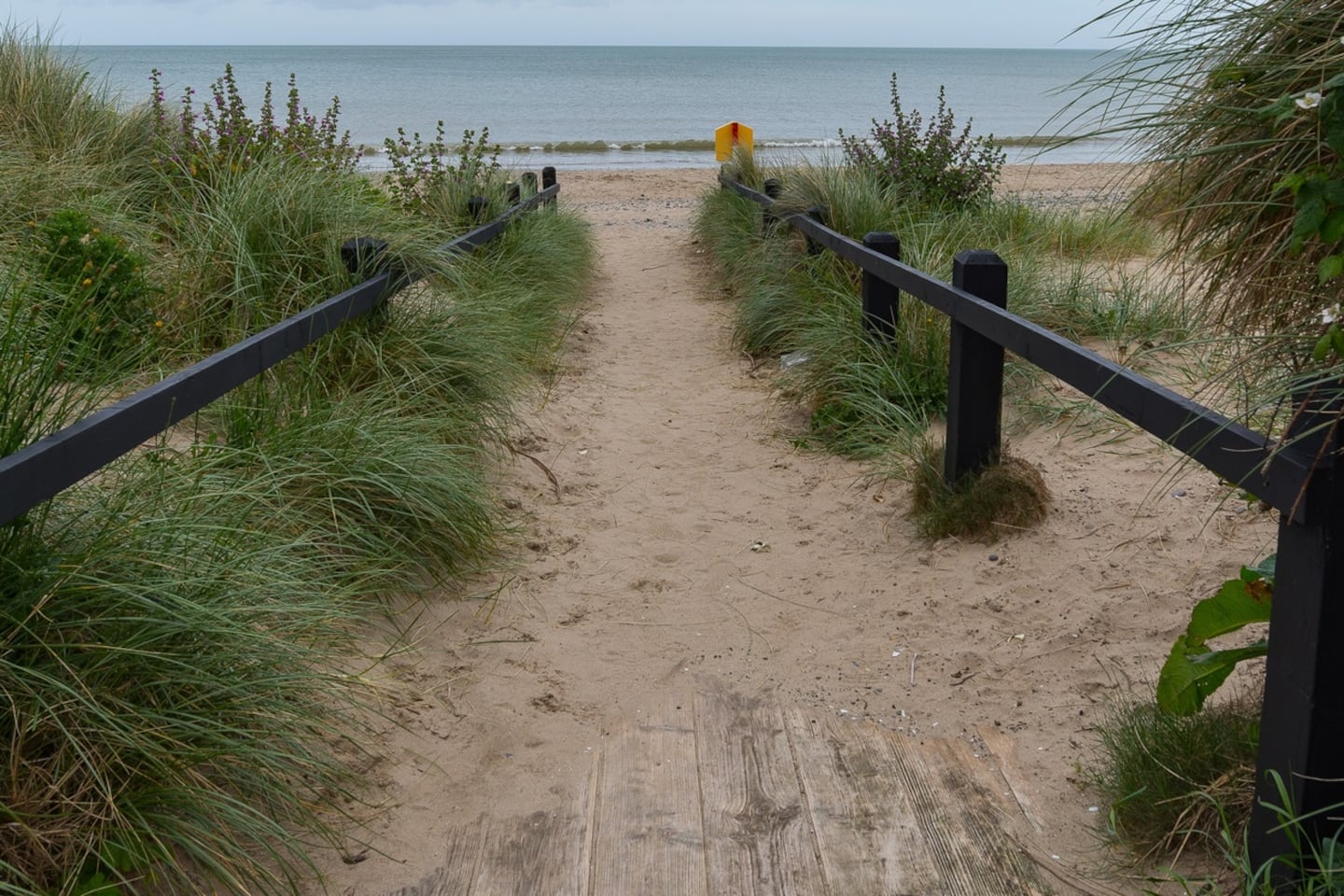A housing study by the Economic and Social Research Institute (ESRI) advises the Government to add construction trades such as carpentry and plumbing to the State’s critical skills list, which would make it easier for qualified workers from outside the European Union to get visas here.
The study by ESRI researchers Paul Egan, Eoin Kenny, and Kieran McQuinn, which focuses on the economic impacts of increasing future housing supply, also warns that the domestic banking sector could struggle to increase lending sufficiently to the construction sector to meet housing demand.
The researchers also warn that the “highly litigious” nature of the Irish property sector could scupper any moves to give the Land Development Agency rights to acquire private land for housing. They also suggest that the hangover of bad debts from the last property crash continues to constrain lending to the construction sector.
Capacity restraints
The research paper seeks to examine the implications for Ireland of a “sustained increase in housing activity” over the medium term. It examined capacity constraints in the market such as finance and the labour force, and suggested policy responses for the Government.
READ MORE
The paper utilises a variation of the Cosmo (core structural model) macroeconomic model for assessing the Irish economy. The ESRI’s Cosmo assumes 25,000 units are built per year, but the researchers acknowledge that 35,000 per year will be needed into the medium term to meet demand. They calculated that the extra 10,000 units per year would boost wages in construction by only 1 per cent.
They noted that, since Brexit, a higher proportion of immigrants to Ireland have come from countries outside the European Union and other traditional source markets. It suggested that more of these type of immigrants tend to work outside the construction sector. Adding building trades to the critical skills for immigration list would help to redress some of the imbalance.
The paper highlights that Irish banks are heavily reliant on retail deposits for funding and a “significant increase” on what is already a high level of deposits would be needed for the domestic banking sector to fund the necessary expansion of the residential building sector. The researchers said there was a “significant question mark” over whether this could happen.













